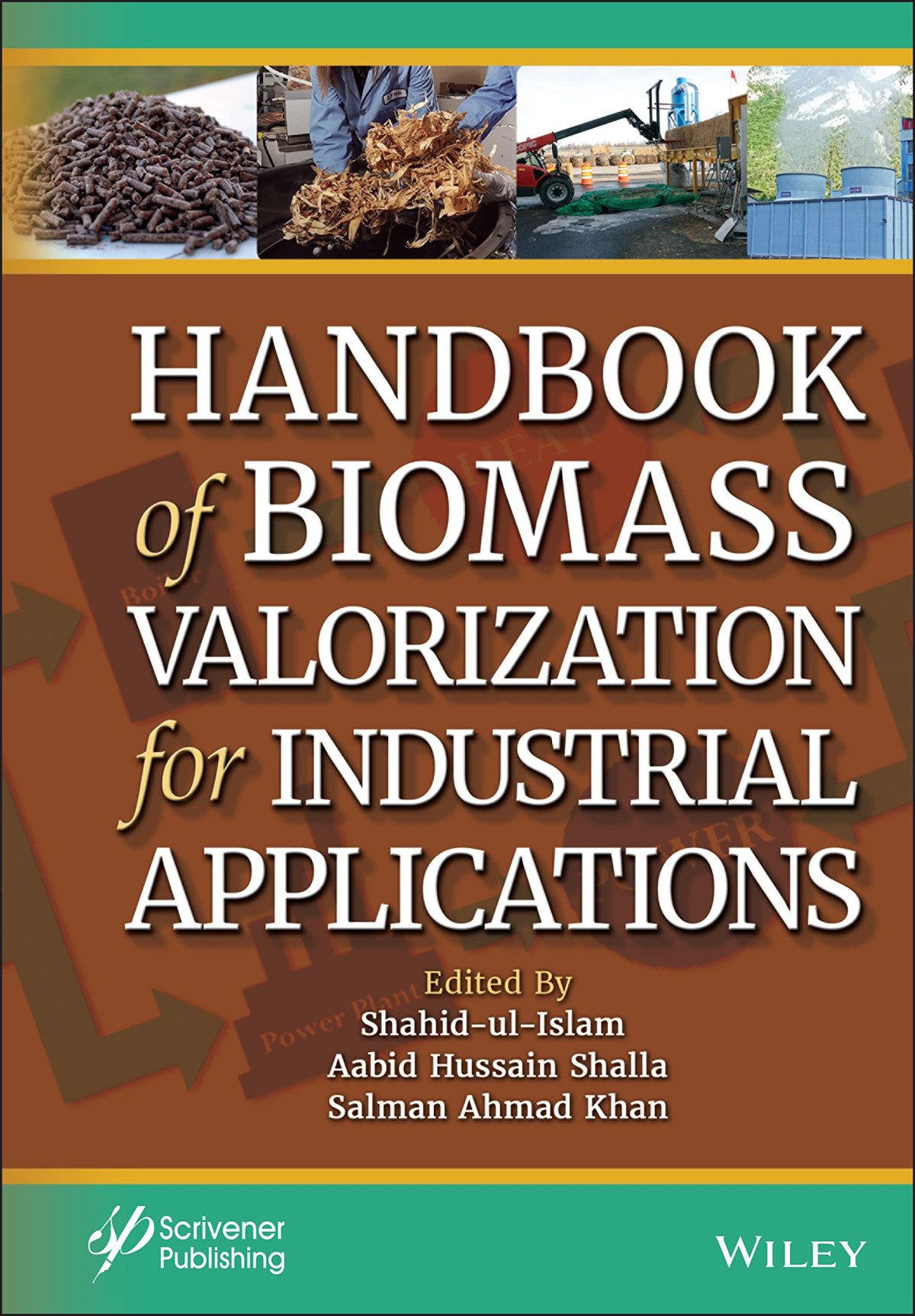

Most ebook files are in PDF format, so you can easily read them using various software such as Foxit Reader or directly on the Google Chrome browser.
Some ebook files are released by publishers in other formats such as .awz, .mobi, .epub, .fb2, etc. You may need to install specific software to read these formats on mobile/PC, such as Calibre.
Please read the tutorial at this link: https://ebookbell.com/faq
We offer FREE conversion to the popular formats you request; however, this may take some time. Therefore, right after payment, please email us, and we will try to provide the service as quickly as possible.
For some exceptional file formats or broken links (if any), please refrain from opening any disputes. Instead, email us first, and we will try to assist within a maximum of 6 hours.
EbookBell Team

5.0
50 reviewsThe handbook provides a comprehensive view of cutting-edge research on biomass valorization, from advanced fabrication methodologies through useful derived materials, to current and potential application sectors.
Industrial sectors, such as food, textiles, petrochemicals and pharmaceuticals, generate massive amounts of waste each year, the disposal of which has become a major issue worldwide. As a result, implementing a circular economy that employs sustainable practices in waste management is critical for any industry. Moreover, fossil fuels, which are the primary sources of fuel in the transportation sector, are also being rapidly depleted at an alarming rate. Therefore, to combat these global issues without increasing our carbon footprint, we must look for renewable resources to produce chemicals and biomaterials. In that context, agricultural waste materials are gaining popularity as cost-effective and abundantly available alternatives to fossil resources for the production of a variety of value-added products, including renewable fuels, fuel components, and fuel additives.
Handbook of Biomass Valorization for Industrial Applicationsinvestigates current and emerging feedstocks, as well as provides in-depth technical information on advanced catalytic processes and technologies that enable the development of all possible alternative energy sources. The 22 chapters of this book comprehensively cover the valorization of agricultural wastes and their various uses in value-added applications like energy, biofuels, fertilizers, and wastewater treatment. Audience The book is intended for a very broad audience working in the fields of materials sciences, chemical engineering, nanotechnology, energy, environment, chemistry, etc. This book will be an invaluable reference source for the libraries in universities and industrial institutions, government and independent institutes, individual research groups, and scientists working in the field of valorization of biomass.